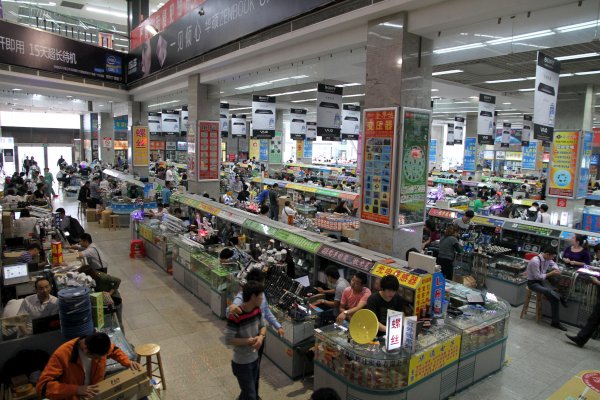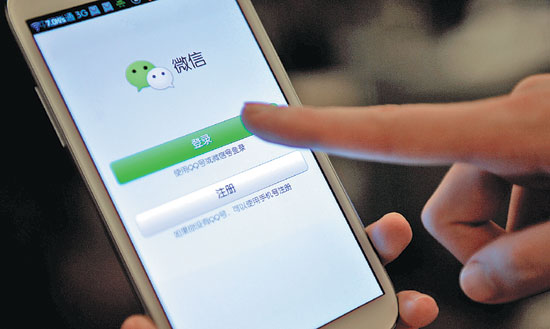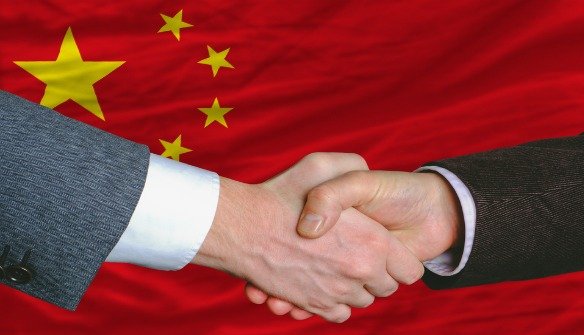5 Tricks to Doing Business in China

Shanghai, Beijing and Shenzhen remain the most attractive destinations for real estate development, according to an annual report released by research institute China Index Academy on June 7 of 2017. The report, covering 297 cities, measured a city’s attractiveness to investment in property development based on the market capacity and potential for prices to rise. Source: www.chinadaily.com.cn
Success in China is an elusive mistress and understanding the rules makes the difference between success and failure.
#1 Adapting to Local Chinese Culture is Essential
China is very different than other markets.The clues to how to be successful in China are found within understanding these differences. The Chinese do not essentially look at themselves as an ethnic people but rather see themselves as a culture. Successfully selling products in China reflects the importance of the group consciousness – you don’t sell necessarily to an individual – you sell to a ‘group’. Decisions are made according to what the group will think, not necessarily what the individual will think, so products have to meet a standard of group acceptance before they are readily bought. If you look at a local Chinese website, you will see it is full to the brim with bells and whistles. Things flash all over the place and it is a riot of colour, so don’t try the minimalist approach. Knowing the local conditions is incredibly important – what sells in other countries does not necessarily sell in China.
#2 Boots on the Ground

Generally, there will be a team sent into the market for several months or even years preparing the market or product entry. The money spent in the initial stages would stagger some Western individuals, who want to see an immediate return on every cent invested.
To know your Chinese “enemy” as well as you know yourself requires both close study and very careful analysis. If resources do not allow you to spend much time in China, you must be prepared to buy this knowledge, either by employing China experts on your staff or by securing the services of a recognized consultant or achiever in the marketplace. An example would be Starbucks, it entered the China market in 1999 with one determination – that they were there for the long game and that they were determined to be successful.
According to CEO Howard Shultz: “We had to educate and teach many Chinese about what coffee was — the coffee ritual, what a latte was, and in the early years, we did not make money.” Starbucks learned the rules of the Chinese market and played them right. It is one of the foreign companies in China that has done value addition successfully. It’s a rendezvous where they chill, take selfies, and post on their respective social media platforms. By making the decision to get in and stay, regardless of the consequences, Starbucks played the Chinese game – putting those ever-important boots on the ground.
#3 The Value Cascade – How to Position Yourself in the Right Space
There is a cascading value perception in China about whether a product is good or not. This value cascade determines which product will be bought and it is linked to the financial ability to purchase any particular level of value.
Well-known Brand – Fully Foreign Made & Imported Product
Fully Foreign Made & Imported Product
Well-known Foreign Brand Made in China
Fully Foreign Made in China Product
Well Known China Brand Made in China
Unknown Chinese Brand Made in China
Foreign Brand Copy Made in China
Low Cost ‘may-as-well-be-unbranded’ Chinese product
Copy Products in General.
Credibility, Sales Price, Desirability and Quality flow downward on this value cascade. There have been so many examples of problems within the China market of fake, dangerous, or poorly manufactured products that the Chinese consumer is very wary about what decision they will make to purchase a product and in general will aim for as high as on the value cascade as they can afford.
Draw up a matrix of all the competing products in the marketplace to your product according to their price and their position in the value cascade. Then add in where your product fits. Ask yourself, given the position on the matrix, is it likely that my product will sell? If not change its position.
#4 You Better Have a Good Story
In China, the story of your product is especially important. There is huge emphasis on knowing everything possible about the product. Whereas in western countries the tendency is go minimalist and subtle, in China it is the exact opposite. More is better.
A good place to understand the level of story you need to develop are the product sales pages on sites such as TaoBao, TMall and Jing Dong . Certificates usually don’t mean much and can usually be arranged by some clever footwork with the local government if they are trying to promote products or companies in the area. But to the Chinese consumer these mean a lot – they are evidence that be used to claim that the decision was a sensible and reasonable one to make. These certificates lend an air of credibility to the company selling the product.
Western companies who are used to the minimalist approach pretty much always miss this point. Remember that copying and fakery is everywhere – make sure you can identify your product to your consumers as genuine.
#5 Sales Channels

There are many sales channels in China – choosing the right one is the pathway to riches and glory:
1. Traditional distributor/wholesale/retail sales channels. Very poor margins and highly likely to get rid of you when someone offers a higher margin or a cheaper product.
2. Independent chains of stores such as Carrefour or WoWo or Ito Yokado
3. Franchise chains such as Starbucks, KFC or one of the many local franchise chains in pretty much every area of business.
4. Apps– a huge variety of industry-specific or general platform Apps such as Jing Dong. These channels are the website sales channels of the major Web companies – they also have APP based platforms (mobile) which dominate sales. All the online sales platforms have payment options that protect the buyer
5. WeChat. It is successful because it suits the Chinese cultural trait of group consciousness and building networks. If there was ever an APP that created a universe it is WeChat and without a WeChat presence in China then a company has little chance of getting the online attention that it needs to operate. There are over 10 million official company accounts and these company accounts are able to interact with the payment system built within WeChat to sell products. The success of WeChat commercially is the built-in payment gateway – people trust it entirely – you can send money with the click of a button via WeChat wallet which links into your bank account.
Company web sites are not mentioned cause there is a huge reluctance on the part of Chinese consumers to use them. This because of the fear of not getting the product and losing their money.

The China market is unlike almost any other consumer market. It moves to its own rules and what is successful in a western market is rarely successful in China. But each market has its rules, so too does the China market, and learning those rules from the inside, increases the likelihood of success in China.
Connect with Chinese Property Buyers


 The China Property Sales Connection
The China Property Sales Connection
VR Property Sales Suite


 Click to Learn More
Click to Learn More
The 4 Reasons Chinese Property Buyers Buy


 Accessing High Net Worth Investors in China
Accessing High Net Worth Investors in China




